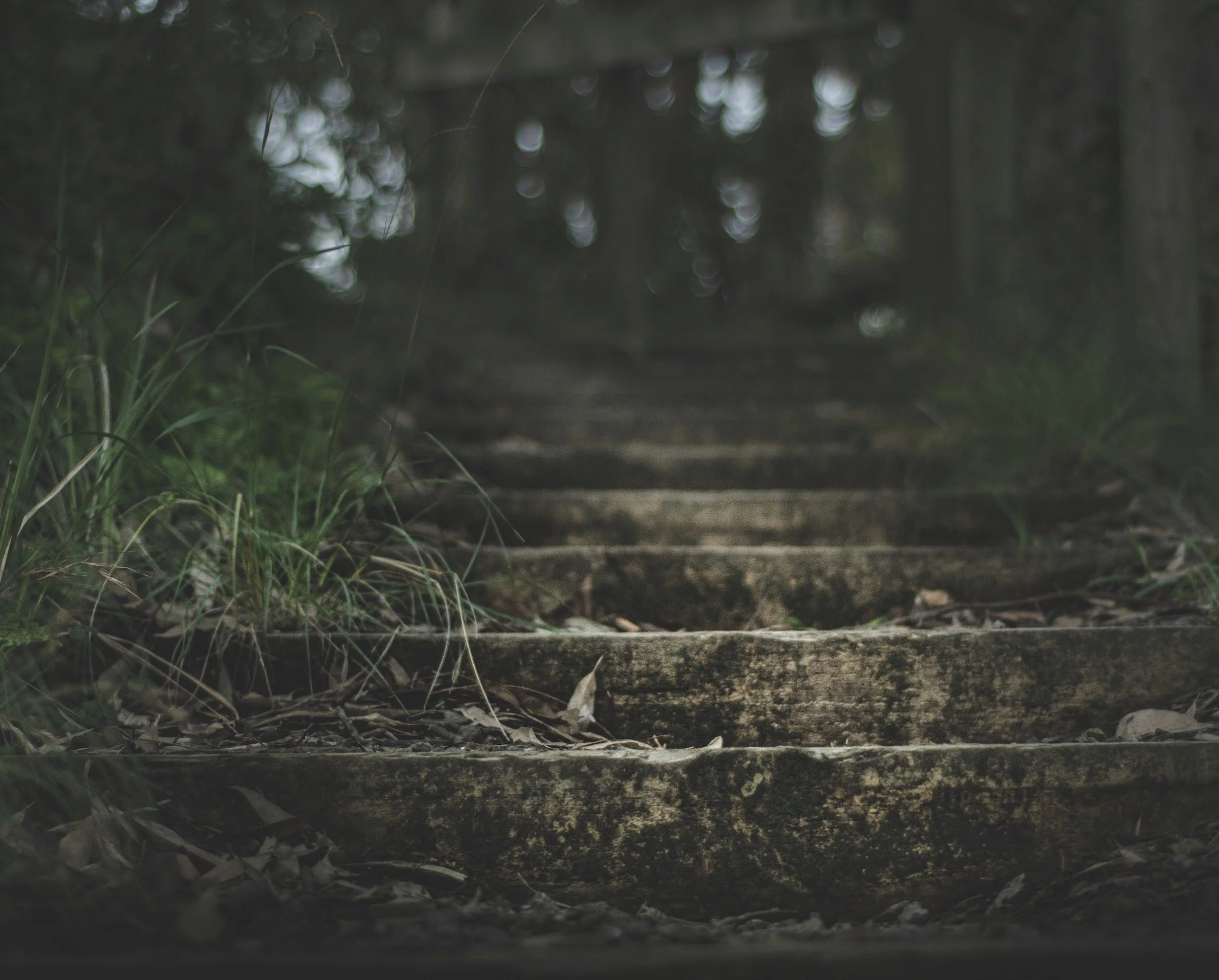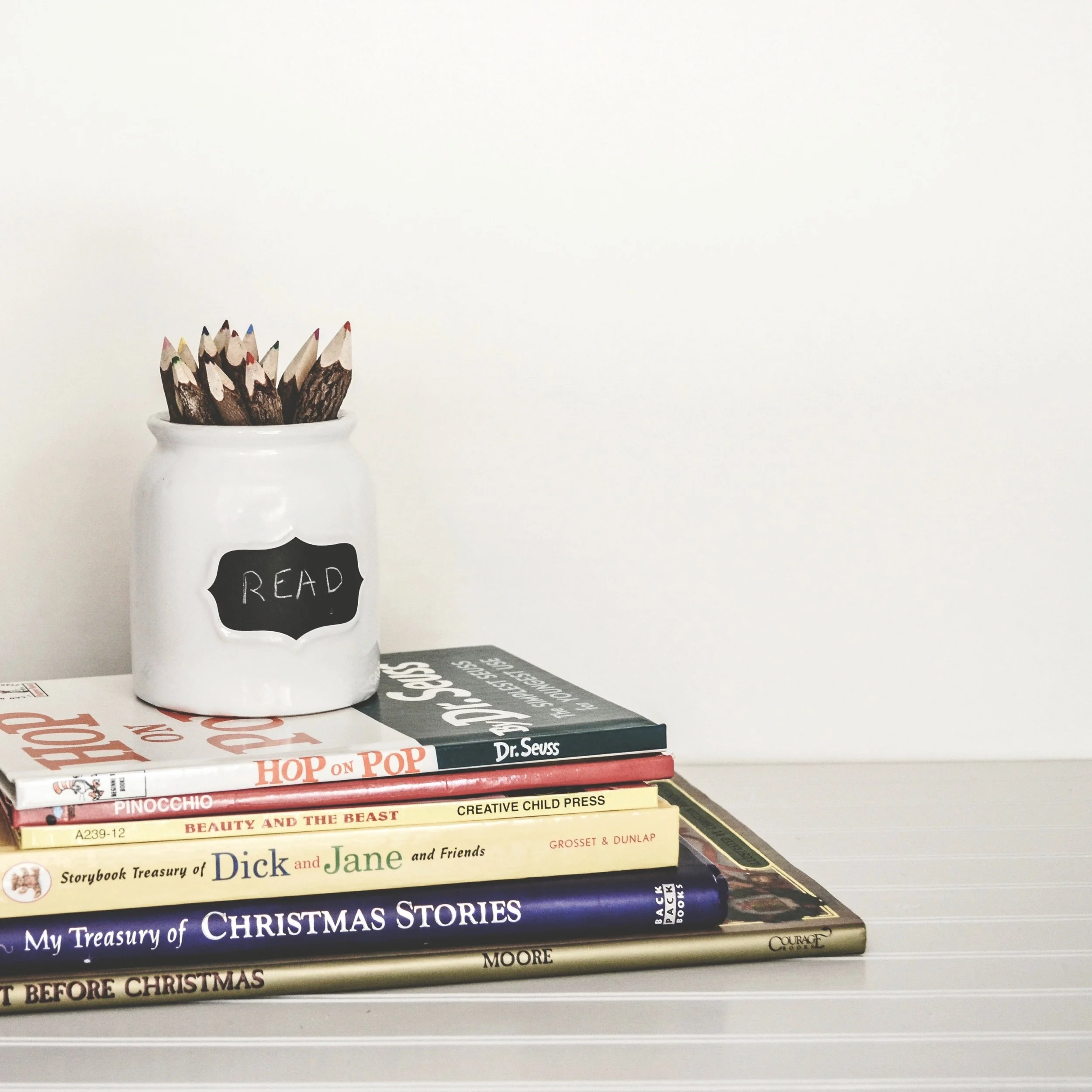The Art of Losing
The art of losing isn’t hard to master;
so many things seem filled with the intent
to be lost that their loss is no disaster.
- Elizabeth Bishop
I met with my surgical oncologist last week, who informed me with both genuine compassion and unflinching honesty that while my cancer appears to be localized, based on cellular morphology we should expect a thirty percent chance it could turn out to be invasive. Next Thursday, she will do a partial mastectomy, essentially an excisional biopsy of both areas in the breast, and we’ll take it from there.
Meanwhile, she asked me to consider reconstruction preferences should I end up requiring a complete mastectomy, as those decisions must be made at the time of the mastectomy (spoiler alert: options for thin, small-chested women are few. Let’s just say I spent the next few days deep-diving into the world of omental transplantation).
In high school, I did research on breast cancer (yes, the cosmic irony of that is not lost on me). For years, I spent summers and weekends culturing breast cancer cells in petri dishes, exposing them to various compounds, and running their proteins through gel arrays. I traded in phrases like “direct antiproliferative effect” and “hormone-receptor dependent” (partly because my PI spoke poor English and had me edit all his journal articles and grant applications). I had almost forgotten all this until someone who was sharing about their own breast cancer mentioned getting injections of Lupron, and I was like, oh! that’s the drug I was working on! That project ended up winning a major award and ushering me into the college of my choice. My friends just thought it was cool I got to put the word “breast” in big letters on my science project display at school.
Strange to think how detached it all felt back then. I had no idea any of it would become personal—how could I? How could I know that in less than three decades, the very cells I held in my hands would be the ones I’d have to now cut out of my body? Back then, it was all about getting somewhere, getting my foot in the door of academic medicine so I could get where I wanted to go. Now, it’s all about letting go. Taking my hands off the wheel and being willing to lose what I need to lose. That’s what the world of disease feels like from the other side: a journey in surrender.
You never really think about what something means until you know you might have to lose it. I’ve spoken with women who wanted bilateral mastectomies as soon as they found out they had breast cancer, and I respect that—but I don’t mind a lifetime of screening and suspense. I don’t feel my body has betrayed me, or want to rid myself of more than I have to, or even care, I’m finding, to upgrade this part of myself to some ideal size (which is a shame, because this would be the perfect chance to do that). As imperfect as my breasts are, they are mine, and any loss of them will feel like a loss. I won’t feel ashamed of how I look after, at least I don’t think so, but it will still feel like a loss.
Today, I cut the boys’ hair. Their hair is as different as they are: the one stick-straight and thick with no hint of a bend; the other soft with a slight curl. As I cut, bits of hair swirled through the air, little losses raining down around us, coating limbs and laps. There’s so much life here, I thought. This is what life feels like: strands running through your fingers, strands you can’t keep hold of, floating off into the ether, but the loss has to happen because new life keeps pushing up through the roots. That’s why I’m losing a part of myself next week, and maybe more after that—because even though I feel fine, I know I have to do it to keep living. It’s so simple it doesn’t feel like a choice, but it is. I choose the loss, and I feel lucky to get to make that choice, even though it’s not what I would have wanted.
I’m thinking about this, and my son goes, uh, Mom? and I realize I have cut one part of his bangs too short by accident. It looked like a mouse took a bite out of his hairline, and for some reason we both found this so funny we laughed until we cried (or at least I did. His may have been more of a nervous laugh). As I managed to even it out, this felt true, too: the laughter and the nervousness and the tears, all at the same time, mixed in with bits of hair floating down like confetti.






